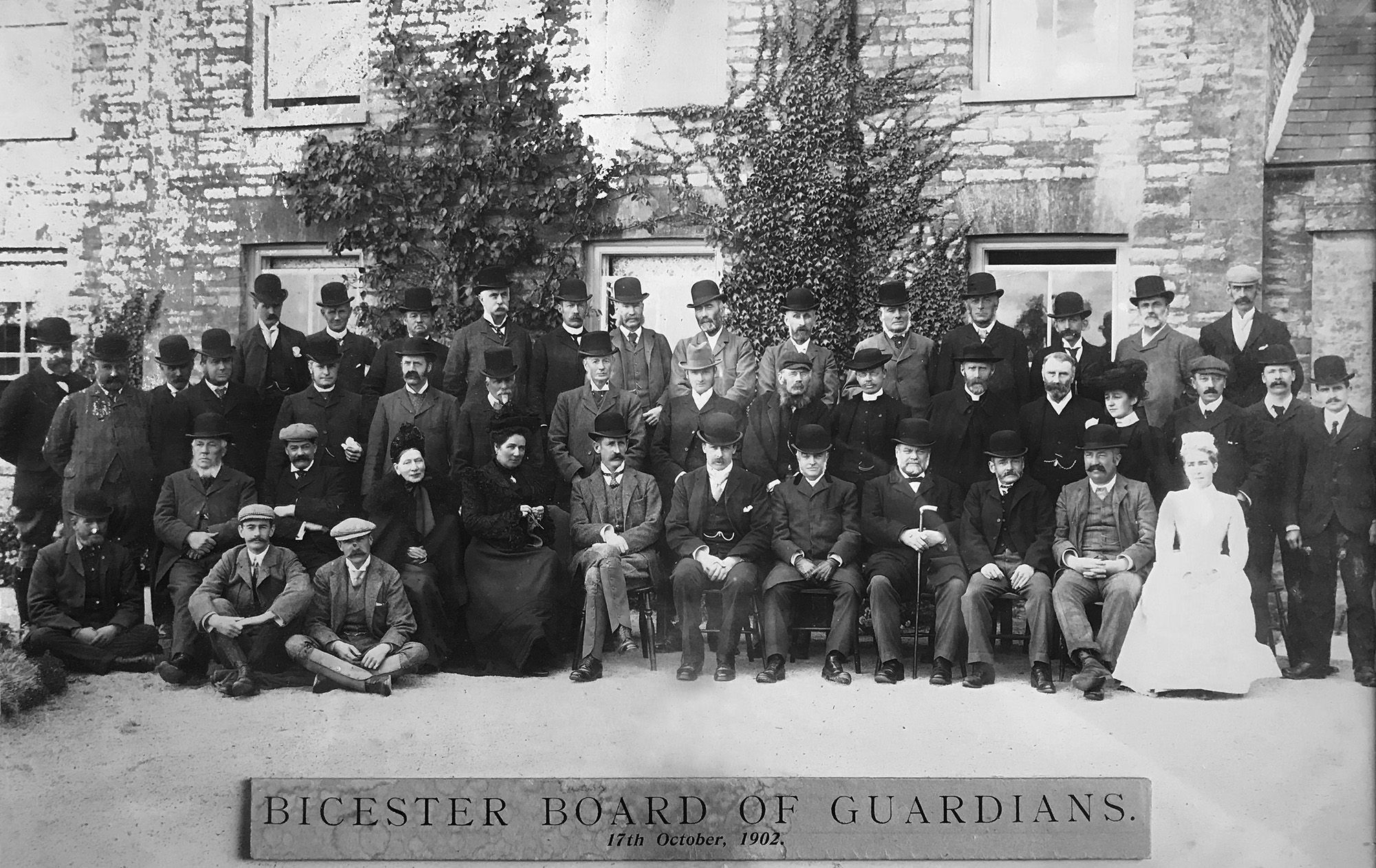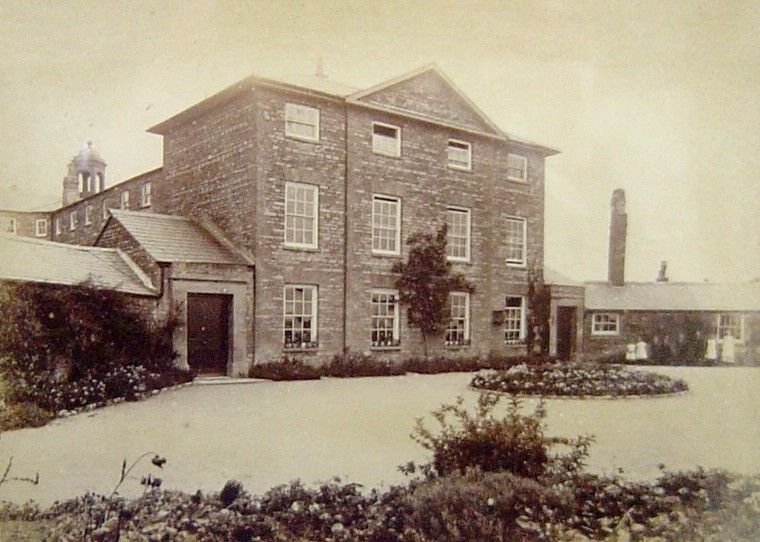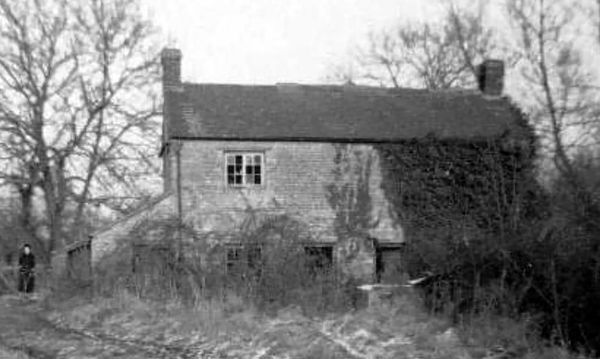An Inmate’s Complaint
According to a report published in the Bicester Advertiser on 10th July 1908, Robert Lang appeared before the Board of Guardians to complain about the treatment he and his family had received whilst staying in the Bicester Union Workhouse. But, as the story unfolds, his family don’t quite come across as the innocent victims that he tries to portray. Mind you, the workhouse regime doesn’t come across any better.
He begins by explaining that he, his wife, and their children, all moved into the workhouse a year earlier because they had nowhere else to go. He then says that he now thinks this was a mistake because his wife has been put on a reduced diet, his children were being beaten for no reason, and the Board had not yet found his family a cottage to live in, despite them being in the workhouse for twelve months.
Workhouses were funded by the parishes within the Union and overseen by the Board of Guardians, a group of local property holders and dignitaries who each represented their particular parish.

They had a civic duty to provide for the poor, but also didn’t want to spend a lot of money doing it. So outdoor relief was much preferred, and therefor the workhouses were designed to be as off-putting as possible, the last resort of the truly desperate.
So it comes as no surprise when the Board members explained that it wasn’t their job to find him a home and that he had been allowed out on a few occasions to go and find work and a place for his family to live, but that he had obviously had no success. They could only suggest that he tried again.
Regarding the change in his wife’s diet, the Board explained that Lang and his wife had been granted extra diet as a privilege, but since they did little work around the workhouse his wife’s diet had been put back to a standard one. The Master of the workhouse then interjected and explained that since Lang “only made a few beds and did no work” his diet was now going to be put back to a standard one too.
The Chairman said there was a strict diet they could put Lang on, and intimated that the Inspector recommended them to put anyone on it who was “fond of being in the house”. He was quick to add that there was no punishment diet, but it seems clear to me that there was, and that it was established practice to use it to force anyone out of the workhouse that they felt had overstayed their welcome.
Lang said he was willing to work and had never refused to do a day’s work. He was not idle, or a drunkard, and had always been a hardworking man. Sickness and family troubles had brought him to the workhouse because he had nowhere to keep his children.
That brought the subject back to the treatment of Lang’s children:
Mr W. George: “Do you insinuate they are punished when they ought not to be?”
Lang said he was told that the youngest child was smacked the previous day for no offence, by the Matron.
Mr George: “Perhaps she deserved it.”
Lang answered that he did not know whether such was the case. They were accused of being very unruly and disrespectful children, but they never had that character before.
The Master said he never knew a more destructive lot of children in his life. Lang’s wife had no control over them, and only the other day he had to have the plumbers in to put in a pipe they had wrenched out.
The matter was eventually dropped and no more is said of what happened. Hopefully Robert Lang was able to get himself sorted out with a job and was able to provide for his family once again. Both sides are clearly sticking to their own perspectives, and the newspaper is probably biased on the side of the Guardians (since they were the ones buying the paper), so it is hard to know who to believe. But no one deserves to be starved out of the only accommodation they have by the very people entrusted with helping them.



